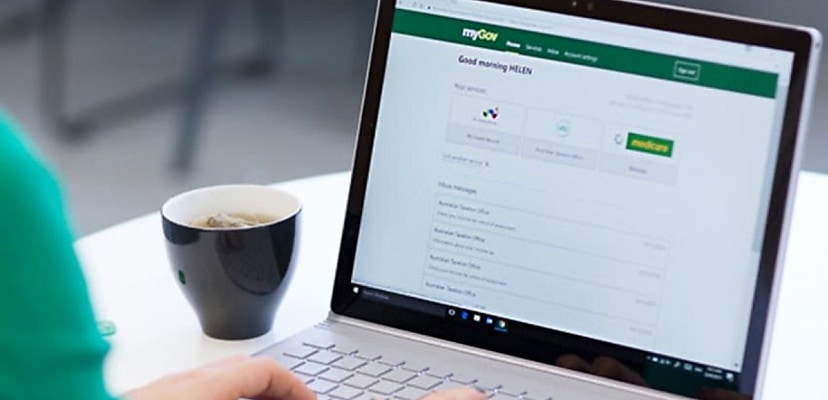Share this article on:
Powered by MOMENTUMMEDIA
Breaking news and updates daily.
Australia has lost $3.1 billion from threat actors targeting myGov accounts this year alone, leading to thousands of accounts being suspended.

According to Australian Government Services Minister Bill Shorten, there have been 4,500 confirmed myGov scams, with many more accounts suspended to proactively thwart potential scams.
Watch out for scams pretending to be @ato_gov_au 👇https://t.co/eL4VYDtNkR
You’re out of free articles for this monthTo continue reading the rest of this article, please log in.Create free account to get unlimited news articles and more!— myGov (@myGovau) November 3, 2023
“In 2023, there [have] already been more than 4,500 new individual myGov scams,” said Minister Shorten.
“These fake sites and criminal gimmicks like ‘scams-in-a-box’ trick our citizens into giving criminals their user ID and passwords.”
As Minister Shorten said, threat actors are breaching accounts using what are called “scam-in-a-box” kits, which give them the knowledge to accurately launch phishing tracks on Australian Taxation Office, Medicare, and Centrelink users and make fake clone websites.
Some kits are able to quickly close scams to avoid detection, run multiple scams at once and feature extra security controls.
“The problem with these hacks, and the proliferation of phishing scams we now see, is that increasing amounts of stolen identifying details end up on the dark web,” Minister Shorten said.
Threat actors have become increasingly attracted to these scams, and their frequency has increased due to the way Australians largely reuse passwords, reducing the amount of effort needed for a threat actor to gain access to several accounts.
“Statistics show that people reuse passwords at least 50 per cent of the time, making it possible for scammers and hackers to use the stolen password to access other online services,” added Minister Shorten.
The minister also said that Services Australia and the Albanese government are working hard to thwart scammers and secure government services.
“MyGov is now the number one digital government service used by Australians, and Services Australia is working around the clock to counter scammers and hackers attacks,” he said.
“The Albanese government is determined to disrupt malicious actors by bolstering online defences.
“I am also working closely with my ministerial colleague, Senator Katy Gallagher, to establish a digital ID that will be a key line of defence against cyber crime when established.”
The concept of consolidating digital ID verification into myGov was first coined last year following the major Optus data breach.
In addition, the Australian government has proposed a national digital identity scheme. As part of the draft bill, the government would introduce requirements for the storing of customer IDs for businesses, as well as new regulations for data breach reporting.
The scheme would be initially regulated by the Australian Competition and Consumer Commission (ACCC) and the Australian Information Commissioner.

Be the first to hear the latest developments in the cyber industry.